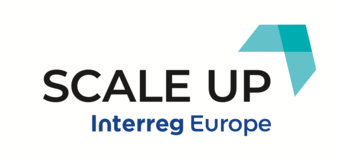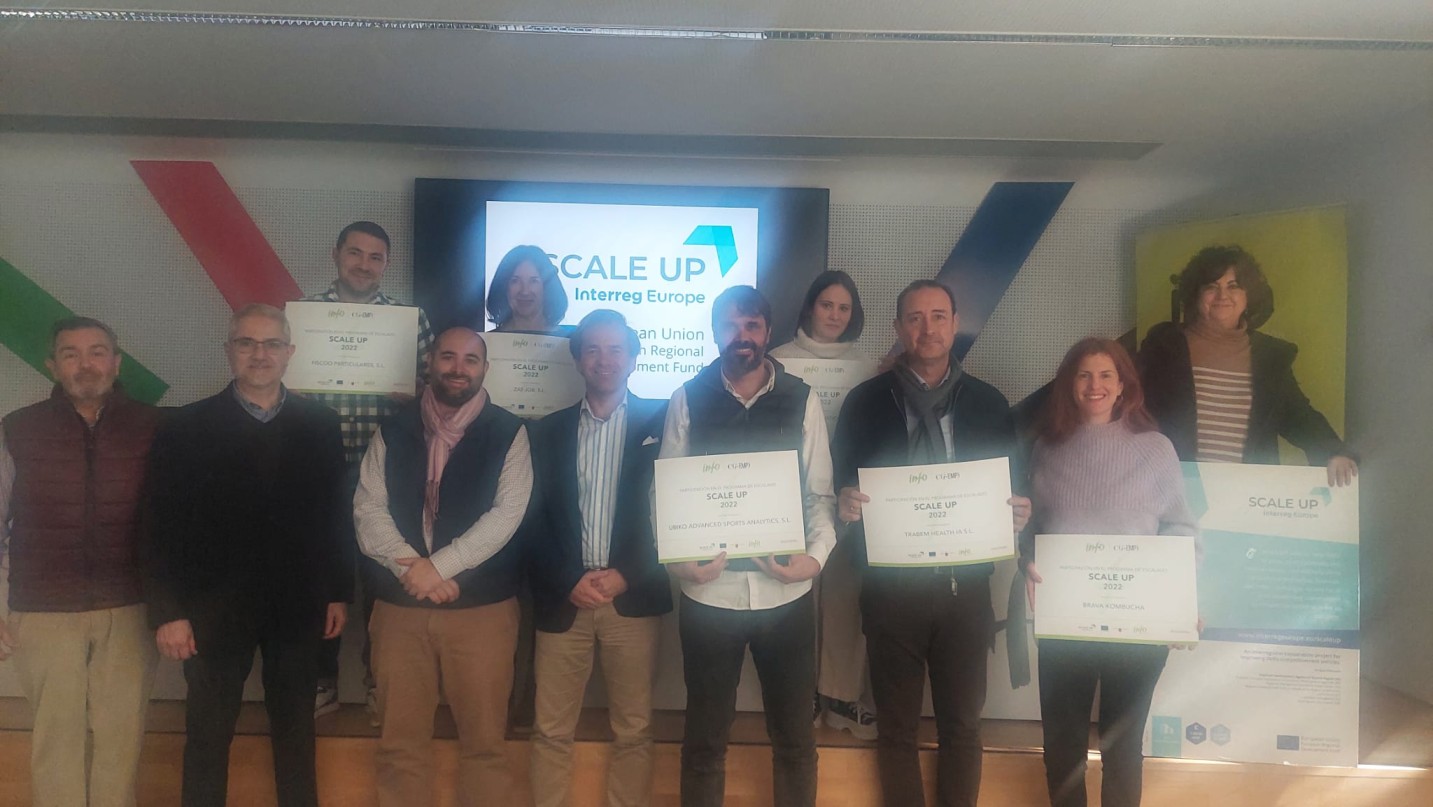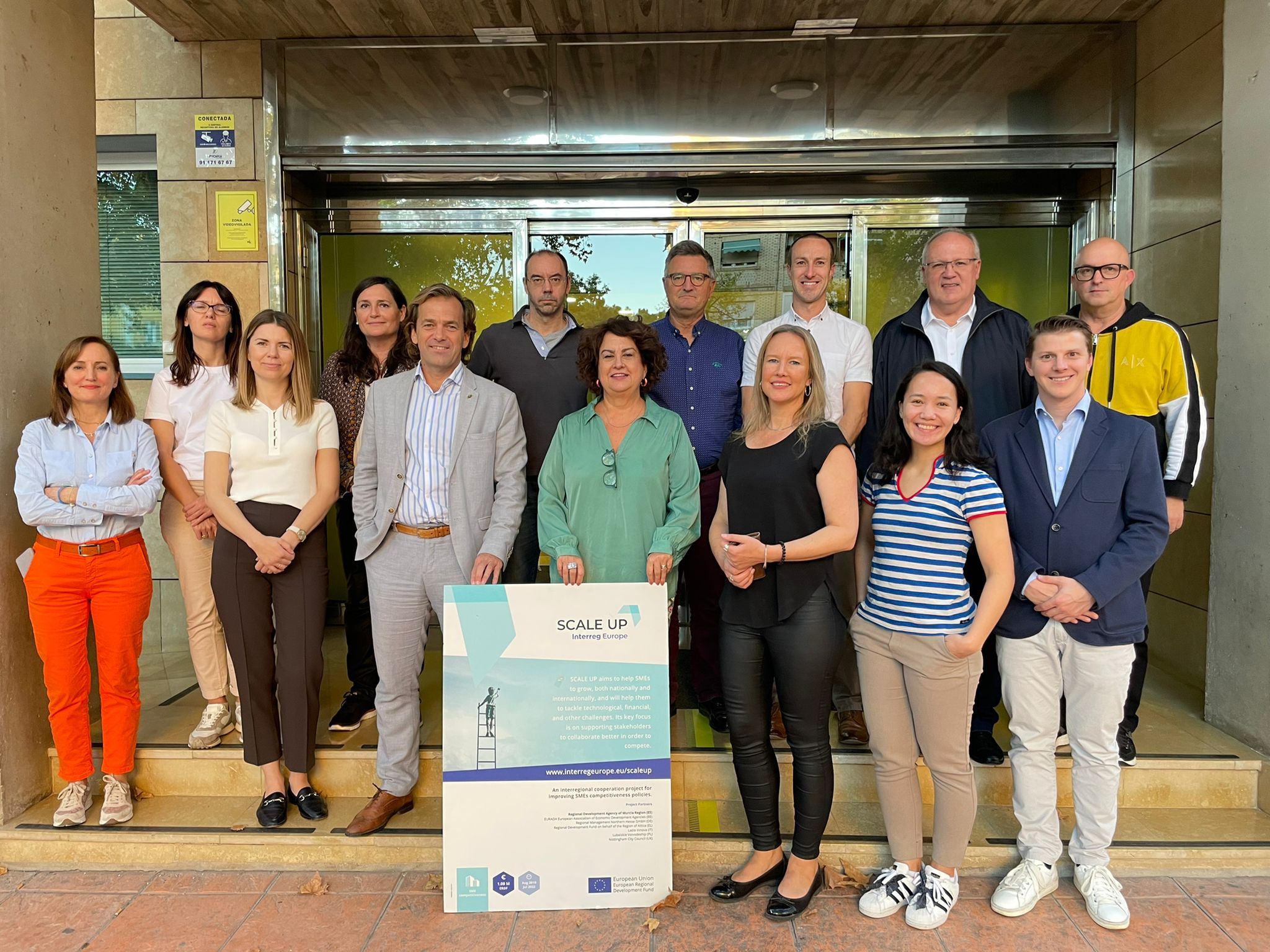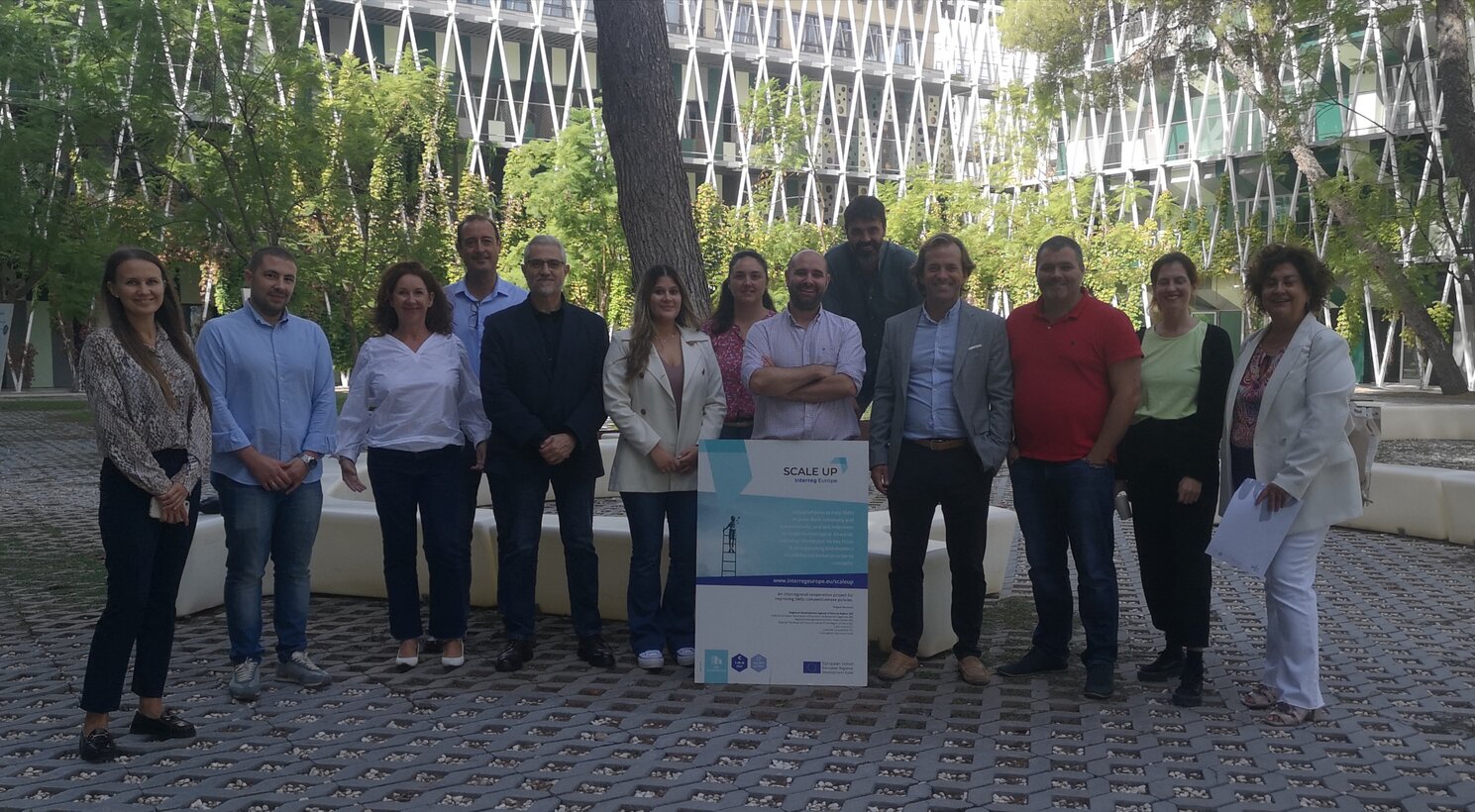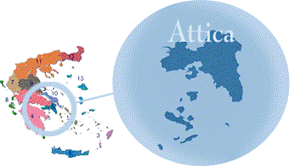Scale Up’s first phase given 6 extra months to better plan and revise action plans
The Scale Up project formally launched in August of 2019 for a total duration of 36 months. These months were further divided into two phases: phase 1 would run for 24 months while phase 2 will follow afterwards for 12 months. The twists and turns of the coronavirus pandemic however affected not only project activities but the project’s timeline as well. In this case, the circumstances may have been for the better.
As early as March 2021, the Scale Up consortium was informed of the possibility of applying for a 6-month extension of the project’s 1st phase. Although having concluded the most important activities of phase 1 such as the study visits and peer reviews, the consortium realized that an additional 6 months for the project’s first phase would allow for better analysis and planning for each partner’s regional action plan. The extension would give each partners the time needed in order to arrange more meetings with their stakeholders and draft a better action plan. It would also give them the opportunity to consider traveling to the partner region of their choice to secure further information, in person, on the best practice they have chosen to replicate or transfer into their own regions. The extra time also allows the consortium to participate in more virtual or in-person events to showcase the project’s methodology and achievements. This would mean the results of the project are dissemination to a broader audience through a variety of online channels and events. Hence, the consortium decided to apply for the extension which was approved by the Interreg joint secretariat.
As advisory and communication partner, the extension gives EURADA the chance to go beyond by conducting a Comparative Analysis on Business Scaling Up Needs. The study will analyse and compare the needs of SMEs for scaling up in the different partner regions’ context, the different possibilities for scaling up and the status of the regional policies in relation to this. The pre-Covid situation will be studied as well as the current situation in order to better adapt the actions dealing with business scaling up to the current needs and challenges of SMEs. It will be interesting to see if the needs and challenges of SMEs to scale up pre-Covid are the same after Covid has affected the business and economies of partner regions. Having this analysis can contribute to helping understand the action plans of project partners and can also serve as an example for other regions who may find themselves in a similar situation as one of our partners. While conducting the study, EURADA’s other roles will remain in effect and will continuously provide support and advice to partners when needed.
With the extension, other project activities such as the Co-creation seminar and final conference to conclude phase 1 have been moved to a later date. These two major events of the project are now foreseen to take place by January 2022. After the final conference, the project will head into the beginning of phase 2 where we will see partners begin with the implementation of their Action Plans.

